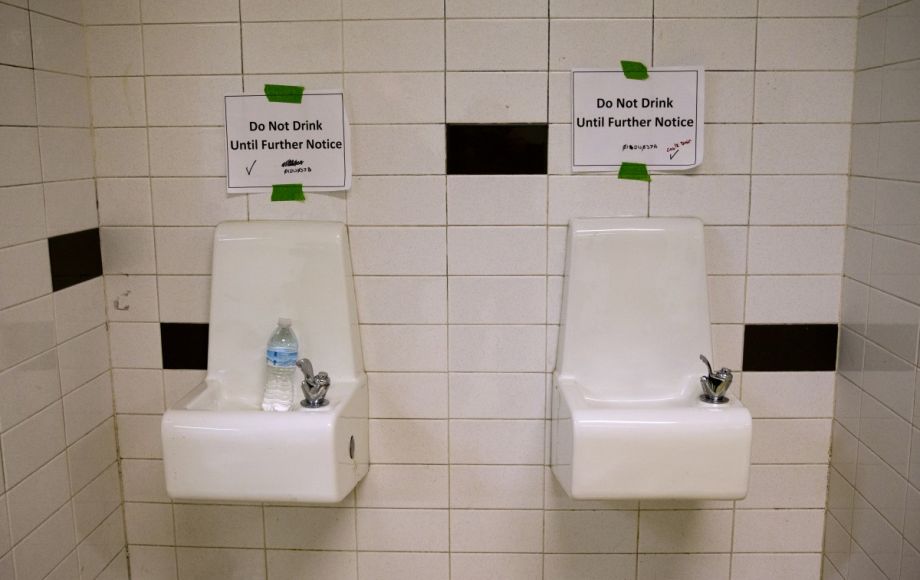With Flint, Michigan’s water disaster in mind, a Pennsylvania environmental organization released an analysis of school drinking water statewide on Tuesday — and gave the supply a failing grade.
Weighing the damning implications of that report, Pittsburgh City Councilwoman Deborah Gross wants the city to offer free lead-filtering water pitchers to households with children under age 6, the Pittsburgh Post-Gazette reports.
“What we should do today is protect our most vulnerable citizens, and those are our kids,” Gross said at a news conference. She estimated that distributing pitchers to the roughly 25,000 homes that qualify would cost about $500,000 in total. She said that she would encourage the City Council and the Pittsburgh Water and Sewer Authority, among others, to finance them.
The PWSA estimates that 20 to 25 percent of its 85,000 service connections contain lead, according to the Post-Gazette.
The statewide report found that a number of schools tested in Philadelphia had water with more than 15 parts per billion (ppb) of lead.
As the Washington Post explored last year, 15 ppb is a regulatory marker for the EPA, which recommends updating pipes or adding anti-corrosive elements to the water at that level. But from a public health perspective, some researchers say that 5 ppb is cause for concern and no level is really safe. (Virginia Tech researchers testing Flint water found one sample at 13,000 ppb, according to the Post).
As Next City covered last year, Michigan and Pennsylvania aren’t alone. Washington, D.C.’s corroded pipes made headlines for causing toxic lead levels roughly a decade ago. “As in Flint, officials insisted that water was safe, while the problem worsened,” Anna Clark reported then. “The Washington Post investigation that helped uncover the story also spotlighted the manipulation of lead testing around the nation, such as in Boston, Seattle, New York City and Portland, Oregon.”
Lansing, Michigan, and Madison, Wisconsin, are tackling the issue head-on, replacing their aging pipes and service lines. Lansing touted removing its last lead pipe in December.
But that’s a pricey process and cities notoriously skimp on investment in their water infrastructure. For now, perhaps, more officials can buy their citizens water filters. In the long run, however, they’re going to have to figure out how to drive investment to their aging pipes.

Rachel Dovey is an award-winning freelance writer and former USC Annenberg fellow living at the northern tip of California’s Bay Area. She writes about infrastructure, water and climate change and has been published by Bust, Wired, Paste, SF Weekly, the East Bay Express and the North Bay Bohemian
Follow Rachel .(JavaScript must be enabled to view this email address)









